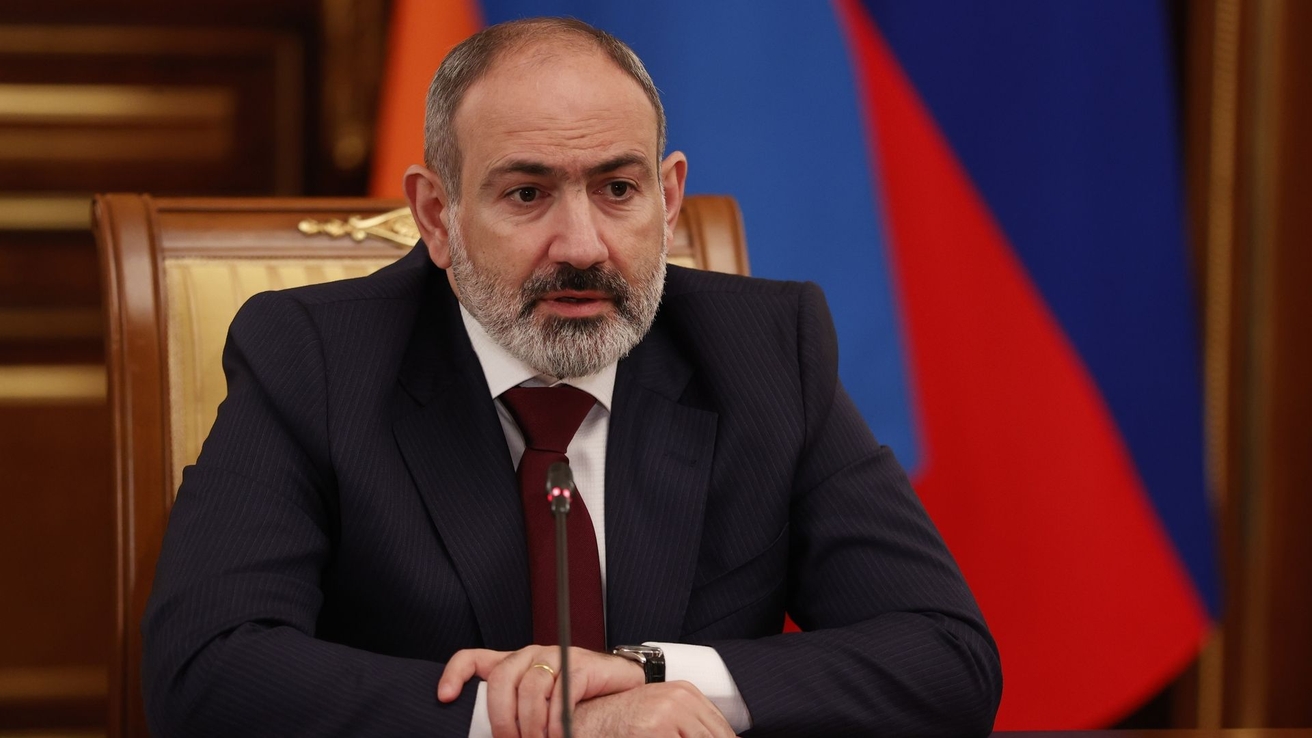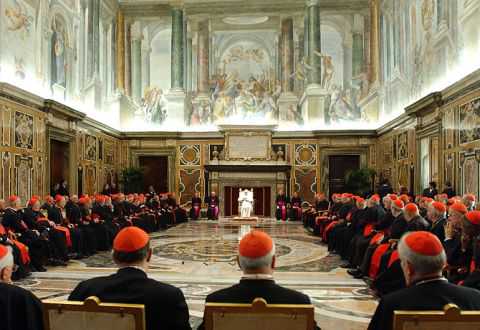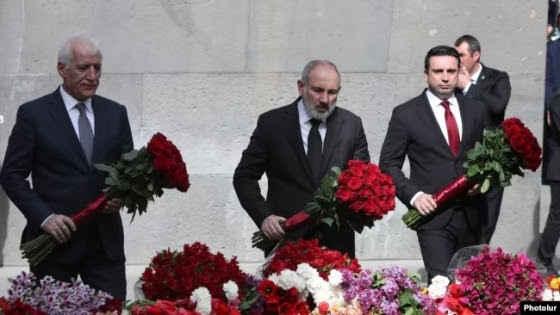Armenia has a very large Diaspora, estimated at seven million — more than double Armenia’s population. Successive Armenian governments have attracted only a negligible portion of this valuable asset for the homeland’s benefit. The Diaspora is Armenia’s most valuable backer, yet it is ignored. This is akin to a starving man neglecting the bag of diamonds in his possession.
Regrettably, rather than attracting Diaspora’s support, the Republic of Armenia has done the exact opposite by erecting obstacles for the Diaspora’s participation in Armenia’s development. Diaspora Armenians are deprived of the right to vote in Armenia’s elections and are banned from holding high office. Even those who possess Armenian citizenship but live overseas are not allowed to cast their votes at Armenia’s embassies or consulates in foreign countries.
The current Armenian government has gone out of its way to destroy the only bridge that existed between the homeland and its large Diaspora by closing down the Ministry of Diaspora. Instead, Prime Minister Nilol Pashinyan unwisely appointed Zareh Sinanyan, a useless Diasporan, as the “High Commissioner for Diaspora Affairs.” Sinanyan travels around the world, at Armenia’s taxpayers’ expense, to carry out propaganda for the Pashinyan regime.
Meanwhile, the powerful Turkish government, recognizing the benefits of having close relations with its Diaspora, has embarked on a major campaign to strengthen its ties with Turks around the world.
Turkish investigative reporter Abdullah Bozkurt posted on the Nordic Monitor website an article titled: “Turkey is expanding its diaspora engagement to promote political goals abroad.” He provides important details about Turkey’s outreach to its Diaspora.
“The Turkish government plans to enhance its support for diaspora groups abroad, both financially and through other means, with the aim of fostering stronger allegiance to Turkey, navigating legal and administrative challenges in host countries, encouraging active political engagement and forging connections with non-Turkish religious communities,” Bozkurt wrote.
The Turkish government’s Diaspora agency, “the Presidency for Turks Abroad and Related Communities” (YTB in Turkish), has prepared a 71-page official report titled: “Strategic Plan for 2024-2028,” which provides in great detail the specific goals of the agency, its vision, mission, and “strategy to mobilize approximately seven million members of the diaspora community to advance Turkish government policies.”
YTB’s goal is “to contribute to Turkey’s ambition of becoming one of the world’s leading powers — a vision articulated by Turkish President Recep Tayyip Erdogan as the ‘Century of Turkey.’”
YTB “recommended several policy actions to the Erdogan government. It urged the use of its diplomatic influence and public diplomacy tools to exert pressure on foreign countries to lift restrictions on Turkish diaspora groups. Cooperating with other Muslim religious groups in foreign countries is another recommendation put forward by the YTB to overcome restrictions on the Turkish diaspora.”
YTB provides funding, logistical and technical support for the activities of Turkish Diaspora groups around the world. “YTB recently participated in a program organized by the Union of International Democrats (UID), an organization acting as a foreign interest group representing Erdogan’s ruling Justice and Development Party (AKP) abroad in Ankara.”
The YTB report identifies groups who oppose the Turkish government’s policies, labeling them as ‘terrorists.’ “YTB said these opposition groups undermine the Turkish government’s public diplomacy efforts, sow division within the diaspora and pose political and security risks to groups aligned with the Erdogan government.”
YTB stated that Turkish Diaspora students who receive scholarships from the Turkish government to study in Turkey will “become voluntary Turkish ambassadors.” YTB also suggested that these students be connected “with Turkish companies engaged in foreign trade” so they can “become economic actors” in the countries they reside.
More ominously, “YTB actively collaborates with other Turkish government institutions, particularly Turkish intelligence agency MIT (Milli İstihbarat Teşkilatı), and also serves as a recruitment source for the spy agency within diaspora communities abroad. This includes exchange students who have studied in Turkey on government scholarships. Turkish embassies are also instructed to help with the work of the YTB in foreign countries with every available means.”
YTB also collaborates with “non-Turkish groups referred to as ‘related communities,’ which include global Islamist networks such as the Muslim Brotherhood and Hizb ut-Tahrir networks, among others.”
The Turkish government provided the YTB a total budget of $544.2 million for the years 2024-28, starting with $61.5 million for 2024, increasing to $83.5 million in 2025, $103.3 million in 2026, $133.5 million in 2027, and $162.4 million in 2028.
YTB closely monitors the activities of the 15,000 foreign exchange students on government scholarships from 170 countries. In his speech on May 6, Pres. Erdogan disclosed that there are also 340,000 foreign students from 198 countries. “Furthermore, the agency [YTB] coordinates outreach efforts with over 150,000 graduates who have completed their education in Turkey. The Erdogan government also funds and supports nongovernmental organizations to complement the activities of the YTB with a $92.5 million budget. One of the main beneficiaries of this program is the UID, President Erdogan’s long arm abroad.”
There are valuable lessons for Armenia’s leaders to learn from the Turkish government’s outreach to its Diaspora. But, is anyone in Armenia listening or cares?





